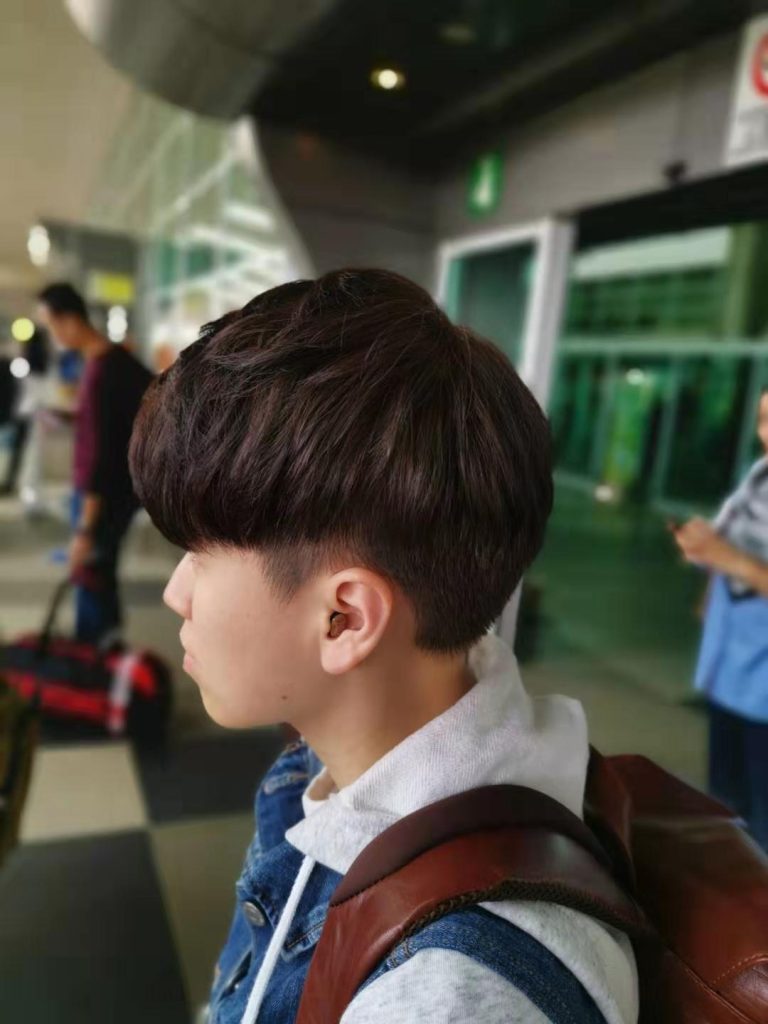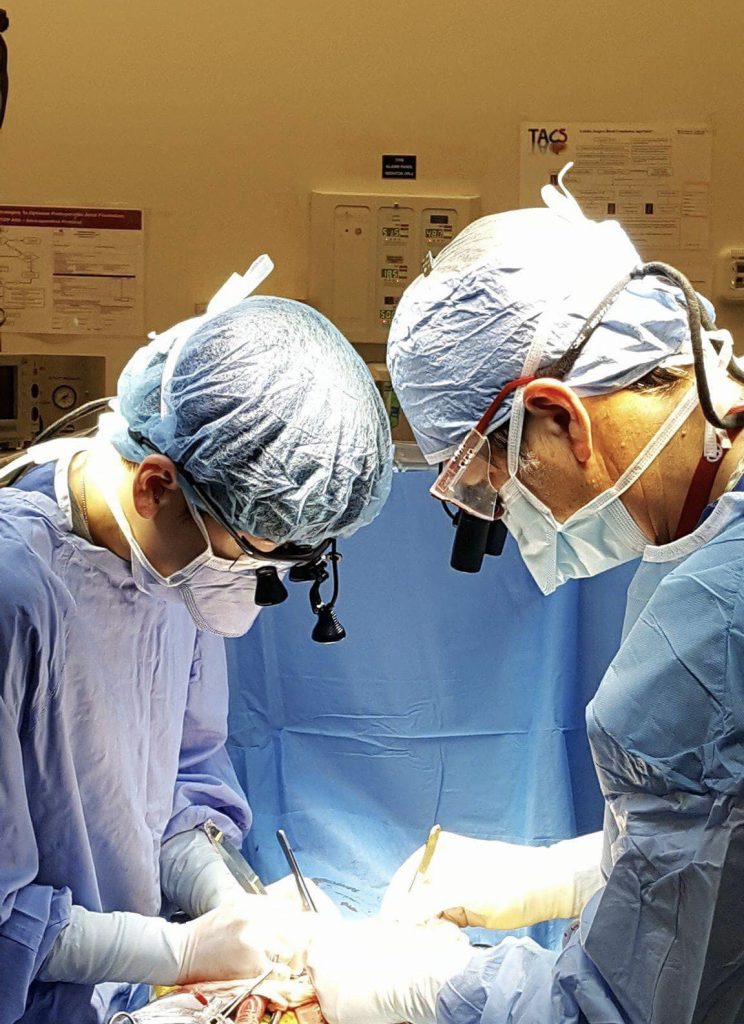Author: Dr. Janet Ngu
Growing Up & Diagnosis
I was born and raised in Malaysia in a very loving and supportive family. No one in my family had a hearing problem and hearing screening tests were not routine in Malaysia, therefore my hearing difference was not diagnosed until I was 12 years old. Fortunately my speech and language developed in spite of my reduced auditory access, but I was having increased difficulty in school and daily life. For a very long time, I thought it was my problem that I was being inattentive or being careless. When the diagnosis of bilateral moderate-severe hearing levels was revealed to me, ironically, I had a sense of relief – it was not my fault! My mother and my aunt who were with me at the doctor’s office were in denial and I remembered them anxiously asking the doctor if there was anything that could be done.
First Hearing Aid
A month later I got my first hearing aid for my right ear, in which the hearing loss was more profound – yes, I only got one despite the fact that I have bilateral hearing loss. We thought one would be sufficient as I was not completely deaf. Honestly, I hated my first hearing aid – it was a pure sound amplifier with a significant amount of feedback. As I was wearing only one hearing aid, my localization of sound was significantly affected. I stopped wearing my first hearing aid after barely two months. Looking back, I wish I had more information and education after the diagnosis. I would have gotten bilateral hearing aids and undergone proper training and adjustment, which could have made my initial experience with hearing aids much more pleasant.

Challenges Along the Way
Without any hearing enhancement tool or skills, I managed to excel through my secondary school education (equivalent to junior and high school here in Canada). I put in extra effort on my own. I requested to sit in the front row. Not only so that I could hear better, but I also picked up lip reading. I borrowed notes from my classmates on a daily basis to make sure that I did not miss any information from the classes. I was exhausted every day as I had to work so much harder to make sure that my academic performance was on par.
Fast forward a few years, I got accepted into medical school. As you can imagine, the challenges were even more enormous. First of all, we had a big class of 150 medical students in my year. The lecture hall was so large that sitting in the front row and lip reading were simply not enough. There was also significant doubt whether I could survive a clinical setting where communication is critical. I finally went back to audiology and got a pair of hearing aids with much improved technology. My life changed for the better since then. I started to wonder how much I had missed throughout those years without hearing aids. With the same pair of hearing aids, I survived and excelled through my lengthy and challenging medical school and cardiac surgery training. Of course, not without bumps in the road.

Keep in mind that wearing hearing aids does not restore hearing completely. I still face difficulties in group meetings or social events when there is significant background noise. I still highly depend on lip reading. Without a doubt, the mask mandate during the pandemic definitely worsens the challenges for us. Take heart, I am not saying this to discourage anyone. I just want to acknowledge that there will be ongoing challenges for hard of hearing individuals, but it does not mean that we should be defeated. We can still live our lives to the fullest potential and we are all equipped to achieve goals that are bigger and higher than what we could ever dream of. In fact, we are even better equipped as compared to others. I believe that when one sense is compromised, other senses will be enhanced imparting a wonderful opportunity that others may not have. For me, I have a heightened sense of my surroundings which enhances my ability to observe minor details, which is especially useful in a surgical setting.
Lessons I’ve Learned
Personally, it has been a challenging yet fulfilling journey for me so far. I take pride in all of the challenges that I have overcome so far as these have cumulatively shaped me into who I am today. Count your blessings instead of your problems, knowing that what we focus on grows. Be open-minded to new technology, treatment or alternative communication methods, and do not even consider those as a label of disability. We shall continue to educate and support each other. There shall be no fear – being fearless is the real courage. Parents, please believe in your children that they can achieve everything they aspire to. Being deaf or hard of hearing is only a part of our identity, but it is neither our definition nor our destiny.
Last but not least, here is a little video clip that I would like to share with you all: http://ottawa.ctvnews.ca/video?clipId=1156891&binId=1.1166252&playlistPageNum=1

